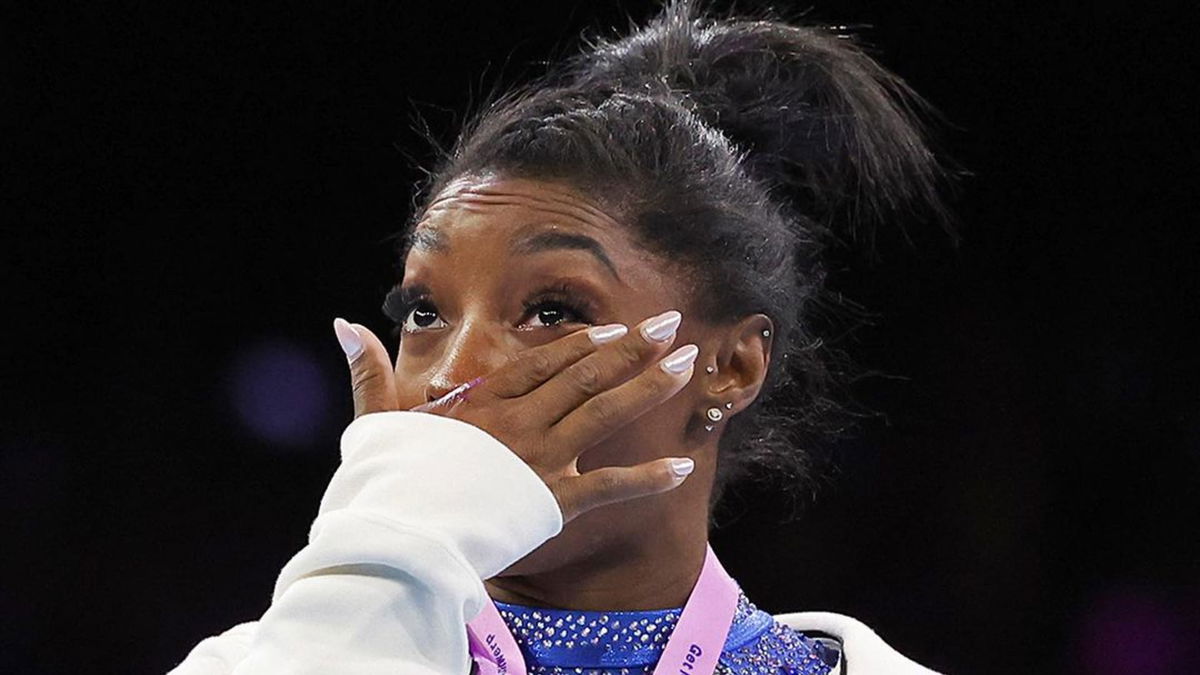

April 2024: “I could vomit,” Simone Biles wrote just a few days back as she prepared to open her Olympic season in the USA Core Hydration Classic.
November 2023: “I almost question, is it really worth it? If I’ve damaged myself for the rest of my life?” questioned British Tokyo Olympics 2020 medalist, Holly Bradshaw because she had to starve herself to get into shape.
October 2018: British gymnast Bryony Page also talked about “lost skills syndrome,” which affected her performance at the Rio Olympics.
Have these outcries fallen on deaf ears?
Watch What’s Trending Now!
A recent article by The Guardian discussed the IOC’s latest steps to ensure the mental well-being of the athletes at the Olympics. A mental health toolkit was designed and implemented before the 2020 Summer Games. Now, before the Paris Olympics, that is waiting to be revamped. The aim is to look at better mental health at all levels by the year 2026. And here, the Paris Olympics will be a barometer to see how things develop over the course of time.
The 2024 Paris Olympics will promote wellness, and a mindfulness program will also look to ensure the athletes’ mental well-being. The IOC will also hand out 2,000 licenses to the visiting athletes for the newly developed Calm app, along with a mental fitness helpline, to keep track of their day-to-day mental well-being. The Games will also utilize AI to identify abusive posts on social media.
ADVERTISEMENT
The IOC is rolling out a discovery tool to athletes and accredited media that utilizes AI to recognize such posts. It is flagged and sent for manual assessment. If it is found to be truly abusive, then it is removed from the platform before it reaches the concerned athlete. Further, if any criminal content is found, law enforcement will be notified. This tool might be used in the Olympics to further insulate athletes from online abuse.
A mental decompression zone will also help athletes find a recluse from the noise of the Olympic Village. Moreover, the IOC will also extend support to athletes in 70 different languages to help them keep their heads in the game.
ADVERTISEMENT
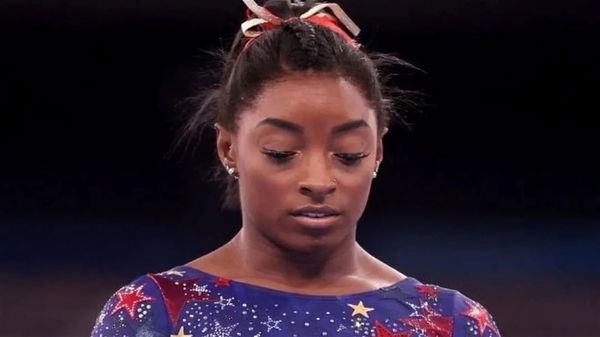
ADVERTISEMENT
“They should feel that there are support systems around them. They should feel if they have a concern around mental health or wellbeing or any areas, that they are able to speak up and they’re able to seek support. And there are systems in place that help them to do that,” said Kirsty Burrows, head of the safe sport unit at the IOC, about the initiatives to create a healthy environment for the upcoming Olympics. With so many efforts by the organizers, it would be interesting to see if there is a positive impact on the athletes.
ADVERTISEMENT
Online hate for athletes never stops… Accused of murder?
The most recent victim of online hatred and abuse is Kenyan marathon runner Eliud Kipchoge. A few months back, the online community accused him of murdering a fellow marathoner – Kelvin Kiptum, who died during a car crash. The budding star had once broken Kipchoge’s record, and probably many more could have come. Therefore, the people concluded that Kipchoge must have committed the crime to wipe out the competition.
“I was shocked that people [on] social media platforms are saying ‘Eliud is involved in the death of this boy’…I received a lot of bad things; that they will burn the (training) camp, they will burn my investments in town, they will burn my house, they will burn my family,” the 39-year-old told BBC Sport Africa a few days back. This harrowing experience made Kipchoge come out openly supporting the AI tool envisaged by the IOC.
Top Stories
Bryson DeChambeau Releases Fresh Statement on His LIV Golf Future Post Brooks Koepka’s Exit
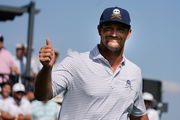
Andy Reid Fires Coach In Attempt to Rebuild Staff After Receiving HC Requests For Chiefs’ Coordinators

Jerry Jones Uses Donald Trump’s Controversial Venezuela Comments Amid Search For Matt Eberflus’ Replacement

Sources: John Harbaugh Wasn’t Fired, Left Ravens After Refusing Major Staff Changes
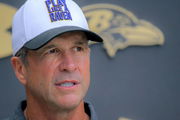
Three Arrested in Cleveland For Burglary at Shedeur Sanders’ Home
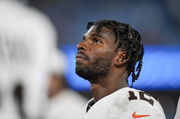
Mike McDaniel Contract: How Much Do Miami Dolphins Owe the Fired Coach?
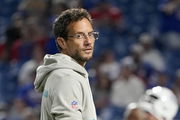
“I think it’s actually the right direction. They are now stamping their authority and their function as an organization handling the athletes to safeguard them from abuse,” Kipchoge said. But the list does not end here.
ADVERTISEMENT
Pole vaulter Holly Bradshaw of Britain also slammed the conditions that athletes have to go through. The Olympic medalist’s statement claiming that athletes are viewed as “medal-winning machines” sent a ripple across the sporting community. She acted on behalf of several other athletes who talked about their experiences in an academic paper, which Bradshaw came across while trying to find out more about post-Olympic blues.
On the other hand, British gymnast Bryony Page also talked about “lost skills syndrome,” which affected her performance at the Rio Olympics. With nearly 15 million visitors expected to make it to the upcoming Olympics- an already pressurizing affair for the athletes- the IOC’s latest strategies will possibly help to minimize such experiences as Bradshaw’s and Biles’ to help athletes keep their eyes on the prize.
ADVERTISEMENT
ADVERTISEMENT
ADVERTISEMENT

